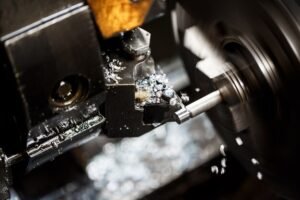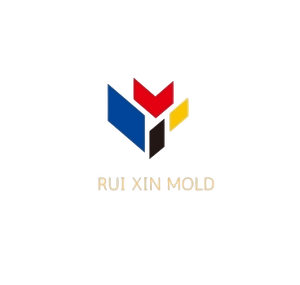Catalog
Tags
CNC Machining vs. Skilled Trades: Why Plumbers Often Outearn Machine Shop Owners

Introduction
CNC machining is often seen as a high-tech, potentially high-profit business. Yet many small machine shop owners find themselves barely breaking even—despite working long hours and investing hundreds of thousands in equipment.
In contrast, skilled trades like plumbing or electrical work often generate more income with far less overhead.
So what’s really going on? Why do so many machinists struggle while local plumbers drive away in new trucks?
Let’s break down the differences in business models, risks, and what it takes to actually win in the CNC machining world.
1. Startup Costs: CNC Is Capital-Heavy, Trades Are Lean
| Factor | CNC Machining | Plumbing |
|---|---|---|
| Equipment | $100K+ (machines, tooling, software) | Basic toolbag and a van |
| Space | Requires workshop or industrial unit | Often operates out of a truck |
| Certifications | ISO, AS9100, IATF for big contracts | Basic licensing for local regions |
| Cash Flow | Paid 30–90 days later | Paid immediately upon job completion |
🔧 A plumber gets paid the day they finish the job. A machinist might wait 60 days—after buying material, programming, setting up, and delivering the part.
2. Cash Flow: The Silent Killer of Small Shops
Most small shops don’t fail because of a lack of work—they fail because of cash flow misalignment.
- The machinist pays upfront for raw material, labor, and overhead.
- The customer pays 30–60 days after delivery.
- That delay makes it difficult to invest, scale, or even pay yourself reliably.
Meanwhile, tradespeople like plumbers can reinvest instantly from daily income. That’s a major strategic advantage in scaling a small business.
3. Global Competition: Machinists Compete with China, Plumbers Don’t
The CNC machining world is part of the global manufacturing ecosystem.
- Machine shops compete with overseas manufacturers offering ultra-low labor rates.
- Clients often choose vendors based solely on price.
- Commoditized machining becomes a race to the bottom—unless you’re highly specialized.
On the other hand, plumbing, electrical, and other service trades are local, protected by proximity, licensing, and trust. A homeowner isn’t going to call a plumber in China.
4. Job Shop vs. Product-Based: Business Model Matters
There’s a critical distinction between making parts for others and making your own products.
- Job Shop Model: You’re one of thousands fighting for low-margin work.
- Product Model: You control pricing, inventory, and scale.
🔑 The most successful machine shops either create proprietary products or provide complete solutions (design + machining + integration).
5. Certifications & Contracts: Barriers to Entry in High-Margin Sectors
Want to break into aerospace, defense, or automotive? You’ll need:
- ISO 9001
- AS9100 or IATF 16949
- Specialized process controls and traceability systems
These certifications are expensive and time-consuming—but they are the gateway to profitable work. Without them, you’re stuck fighting over scraps.
6. Not All Trades Are Equal: Plumbing Isn’t Always Easy Money
While many plumbers earn well, not everyone thrives. Some regions are flooded with cheap labor, or employees get paid poorly while company owners take the bulk.
But the advantage lies in scalability:
- One-man plumbing companies can grow fast.
- Machinists often need massive upfront investment before seeing ROI.
It’s not that plumbing is “easier”—it’s that the business model is more cash-flow friendly and less globally exposed.
7. Lessons for Machinists and Shop Owners
So what can we learn from this comparison?
- Don’t just be a job shop. Develop your own product line or offer full-service engineering + machining solutions.
- Secure contracts first, buy machines second. Too many owners buy a mill hoping work will come.
- Know your niche. Compete where you have an edge—whether it’s material expertise, tolerances, or certifications.
- Manage cash flow like your life depends on it—because it does.
Final Thoughts: It’s Not About the Trade, It’s About the Model
Plumbing isn’t “better” than machining. But the average plumber’s business model makes more sense for solo operators or small teams.
CNC machining, by contrast, is a capital-intensive, slow-cash, globally competitive grind—unless you play the game differently.
The good news? If you can navigate the challenges, specialize, and build solutions—not just parts—your CNC business can still become highly profitable.
💬 What’s your take? Are you running a CNC shop or thinking of starting one? Let’s talk about strategies in the comments.
Interested in learning how to position your CNC shop for long-term success?
👉 Contact us or Download our guide to building a profitable machining business.
Need Precision CNC Machining for Your Mold Components?
We specialize in custom CNC machining of mold inserts, slide cores, ejector plates, mold bases, and lifters
all made to your exact drawings and specifications.
👉 Let’s Build Your Next Project Together!
Tell us your needs and upload your drawings — we’ll get back within 24 hours.
